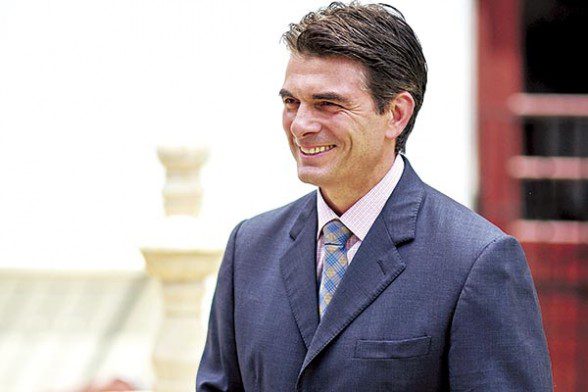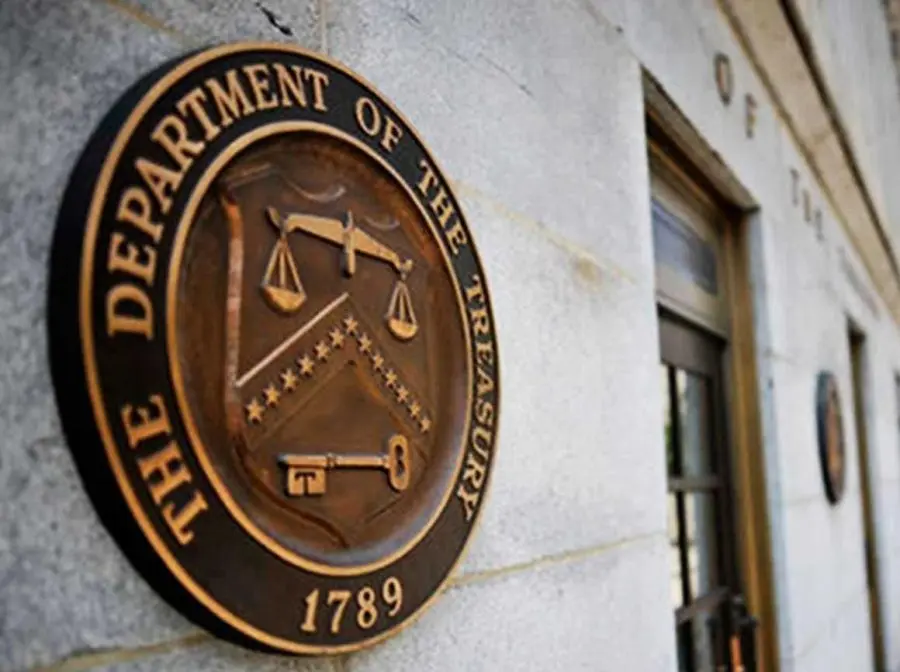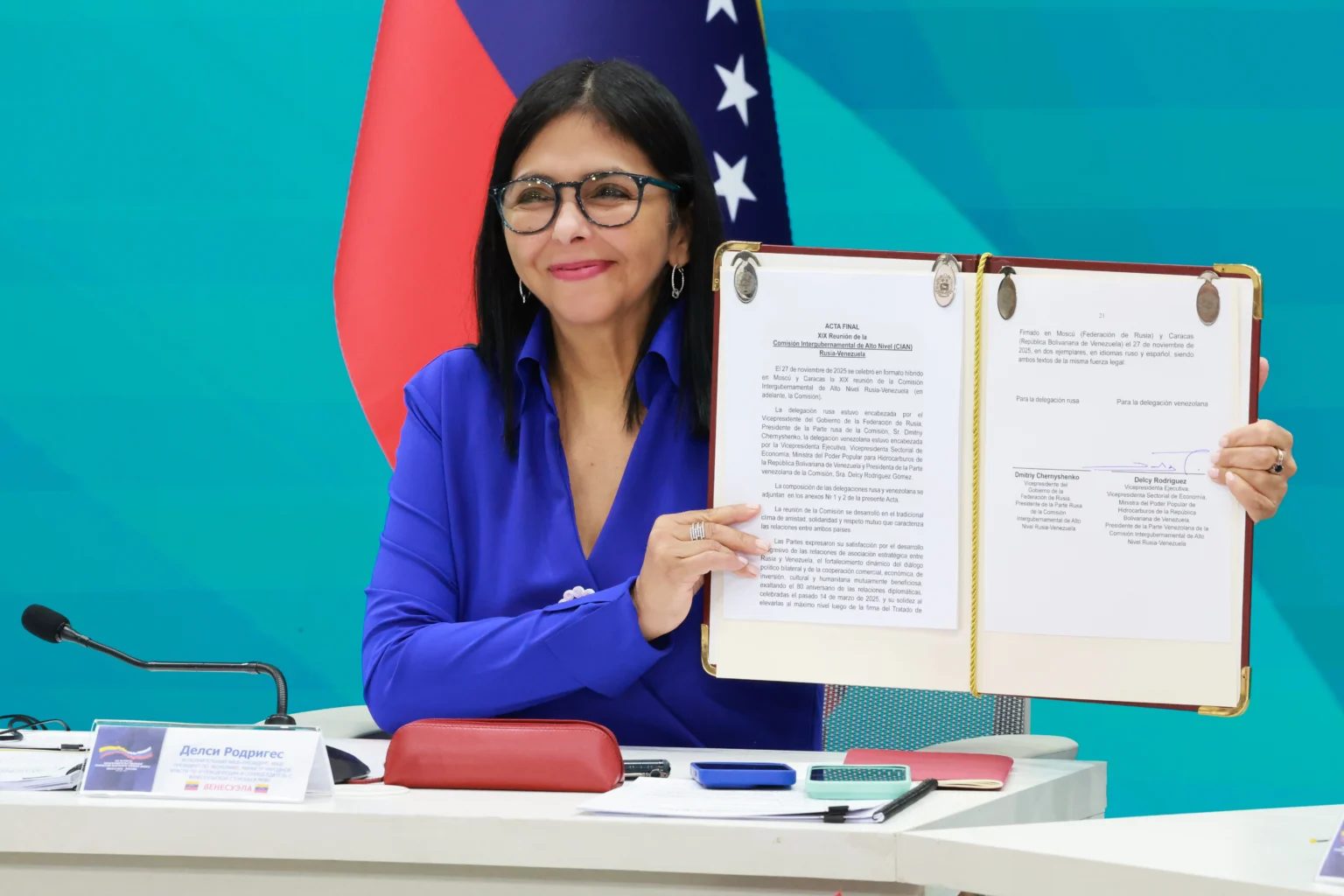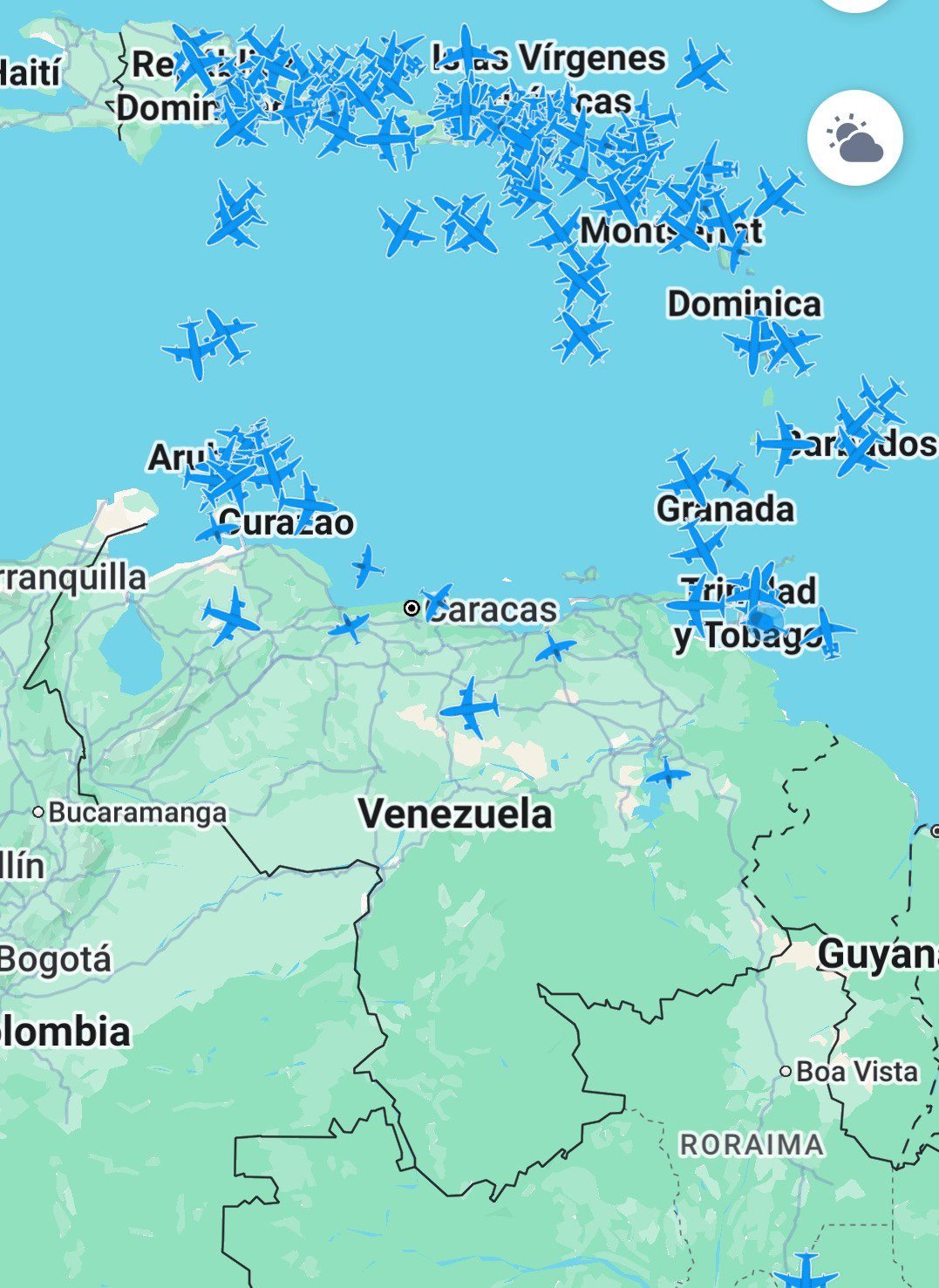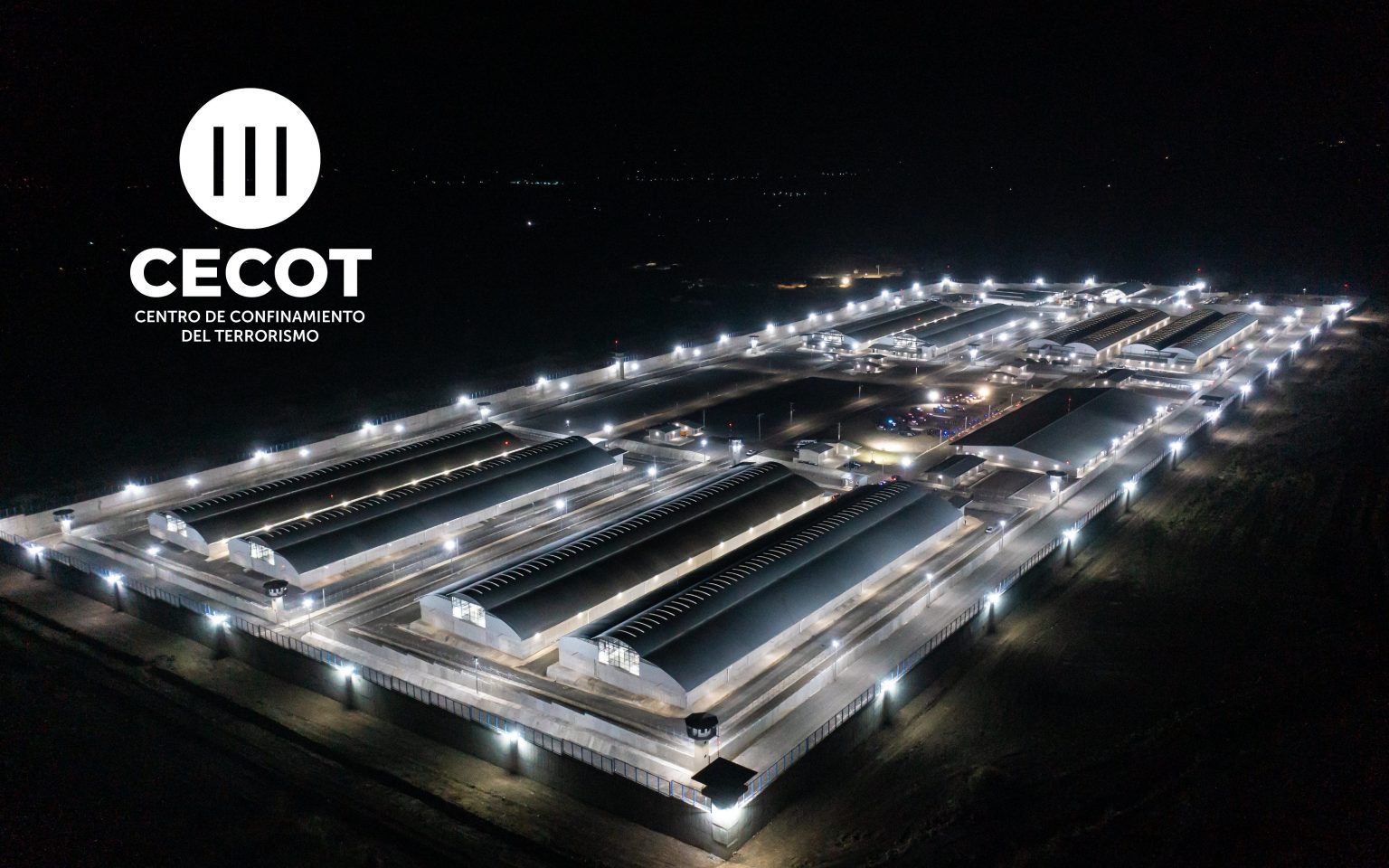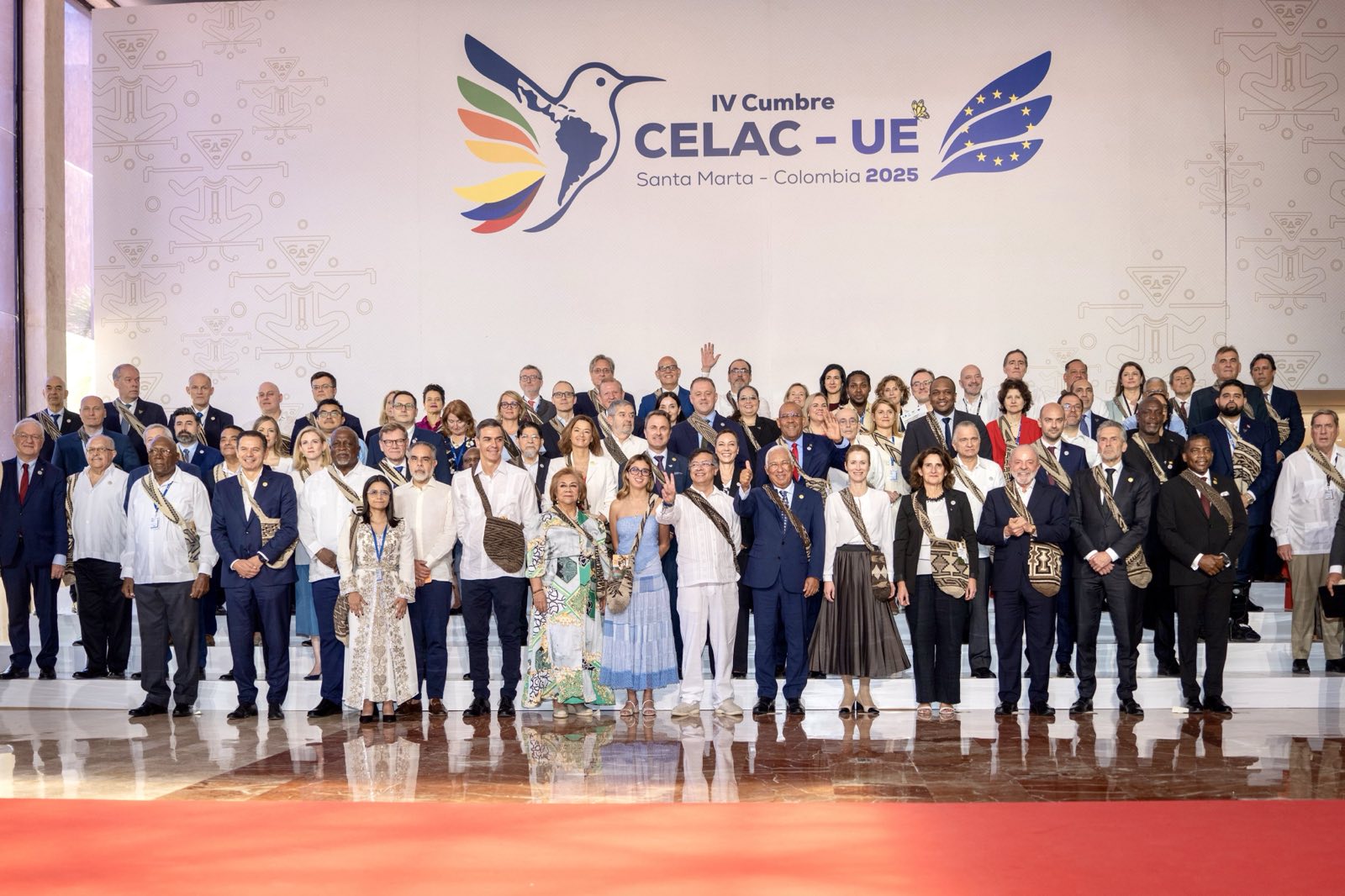Rodrigo Paz is the new president of Bolivia. Photo: Rodrigo Paz’s X social media account
Guacamaya, October 21, 2025. The economist and Christian Democratic senator won the runoff with 54.53% of the vote, in a victory that seemed unthinkable just two months ago. With his promise of “capitalism for all,” Paz inherits an economy on the brink of collapse and the challenge of rebuilding governability in a country fractured after twenty years of MAS hegemony.
With a victory that until just two months ago seemed impossible, Rodrigo Paz, an economist and center-right senator from Bolivia’s Christian Democratic Party (PDC), won the presidential runoff election this Sunday with 54.53% of the vote. His triumph consolidates the surprise he caused in the first electoral contest last August, when – contrary to poll predictions that did not foresee his leadership – he obtained more than 30% of the vote, thus securing his spot in the final runoff against former conservative president Jorge “Tuto” Quiroga.
Now, with 97.86% of the ballots counted, Bolivia’s Supreme Electoral Tribunal confirmed that with a difference of almost 10 percentage points, Paz defeated Quiroga, who obtained 45.43%, in what the Tribunal called an “irreversible trend.” This result marks the definitive end of two decades of leftist government led by the Movement Towards Socialism (MAS), whose defeat in the first round already anticipated this political change for the Latin American country.
Paz, 58, will officially assume the presidency next November 8 and must immediately face the challenge of pulling Bolivia out of its worst economic crisis in four decades. In fact, he has already anticipated reforms for the economy, decentralization, lower taxes, and fiscal discipline combined with continued social spending.
The country is experiencing a severe shortage of US dollars, which has reduced imports and caused year-on-year inflation to soar to nearly 25% last July.
In this context, the AP news agency reported that Paz and his popular running mate, former police captain Edman Lara, gained support among working-class and rural voters, disillusioned with the management of the MAS, which governed since 2006 with the rise of Evo Morales to power and continued with the current president, Luis Arce.
Now, the president-elect also faces the challenge of seeking alliances to achieve a majority in the Legislative Assembly and secure the governability needed to implement economic adjustments to reverse a fiscal deficit of around 10% of the Gross Domestic Product, the fuel shortage affecting agricultural production, and the recession that the World Bank predicts will extend until 2027.
It was precisely this message of change and reforms that Paz highlighted in his first speech after winning the runoff election. In fact, he stated that Bolivians took a “first step of transformation” when they gave him their support in the first round on August 17 and ratified that change this Sunday. He also pointed out that “this will be a government to govern with all men and women who want to serve the homeland” in order to bring solutions to Bolivia.
In his victory speech, Rodrigo Paz outlined the first priorities of his government: to open Bolivia to the world, rebuild internal trust, and confront an economic crisis that has hit Bolivian households hard.
“We must open Bolivia to the world, regain a role that we lost geopolitically and geoeconomically in the last two decades (…) to be able to establish a close relationship with one of the most important governments in the world,” he said, thanking the congratulatory messages sent by several regional presidents and the support expressed by the United States.
Finally, Paz assured that his administration will seek dialogue and national unity: “The new dimension of Bolivia will be built with unity, dialogue, and shared effort,” and he declared that his government will have “its hands extended inward and outward” to work with all sectors – social, business, and parliamentary – that wish to contribute to moving the country forward.
However, he states that he will maintain the benefits from the MAS era and will adopt a gradual approach to free-market reforms, hoping to avoid a sharp recession or a sudden increase in inflation.
His economic proposal is what he calls “capitalism for all.” In fact, the president-elect told the newspaper El País that he is going “to liberalize, but not for the rich; we will do it for the poor.”
Paz was born on September 22, 1967, in Santiago de Compostela, Spain, and spent his childhood in Argentina, Chile, Peru, Venezuela, and Panama, among other countries. His family lived in exile following persecution by General Hugo Bánzer, and during those years he resided for a time in Caracas, where he completed part of his school education and developed a deep affection for Venezuela, a country he has recalled on several occasions as a supportive refuge during his childhood.
His father is former president Jaime Paz Zamora, who governed Bolivia between 1989 and 1993. Paz Zamora was one of the founders of the Revolutionary Left Movement in the 1960s, and before leading the country, he exiled himself in Spain, fleeing the repression of General Bánzer, the dictator who came to power in 1964. He returned to the country in 1978, after Bánzer’s resignation.
Rodrigo Paz developed much of his political career in the southern department of Tarija, where he was a councilman, mayor, and deputy before running for senator. As mayor, he modernized the center of Tarija with pedestrian walkways and wide plazas, which left many working-class residents feeling abandoned as the oil-rich region staggered from falling revenues.
Beyond the country’s borders, from Argentina, President Javier Milei congratulated Paz and said that “it is a historic day for Bolivia, leaving behind 20 years of the failed model of ’21st-century socialism’.”
Along similar lines, US Secretary of State Marco Rubio congratulated Rodrigo Paz on his victory this Sunday and celebrated what he considered the end of 20 years of “mismanagement” of the country by leftist governments. “We also congratulate the Bolivian people at this historic moment for their country,” he added. “After two decades of mismanagement, the election of President-elect Paz represents a transformative opportunity for both our nations.”
Furthermore, Rubio assured that “the United States is ready to collaborate with Bolivia on shared priorities, such as ending illegal immigration, improving market access for bilateral investment, and combating transnational criminal organizations to strengthen regional security.”
After congratulating Paz, Peru’s interim president, José Jerí, expressed his “interest” in resuming political dialogue. Jerí “reaffirmed to him that relations between both countries constitute a priority for Peruvian foreign policy, due to the historic ties of friendship, their status as bordering nations, and the broad common agenda.”
Gabriel Boric, the president of Chile, also congratulated him, reaffirming his “commitment” to work between both countries.
The Government of Paraguay did likewise, with its presidency stating on social media that it reaffirms its “commitment to work jointly with the elected Government to further strengthen bilateral relations between Paraguay and Bolivia.”
Likewise, the government of Ecuador wished Paz “success in the performance of his mandate for the benefit of the brotherly Bolivian people.” It also reiterated its commitment to “continue working together with Bolivia to strengthen the bonds of cooperation, integration, and friendship between our countries, for the benefit of the stability and development of the Andean region and Latin America.”
María Corina Machado, the Venezuelan opposition leader recently awarded the Nobel Peace Prize, wrote on her X account that she spoke with Rodrigo Paz to congratulate him after his victory: “During his exile, Rodrigo lived in Venezuela and therefore has a very special affection and gratitude for our country. I know that we can count on him and the dear Bolivian people in this definitive phase of our struggle. Bolivia and Venezuela are united in their history and in their destiny of freedom, prosperity, and peace,” she stated. Days earlier, she had also expressed her support for “Tuto Quiroga” in the contest.
For its part, the government of Nicolás Maduro has not issued any statement. It is worth remembering that the MAS was an important regional ally for Caracas. Bolivia, in fact, is the largest economy that remains part of ALBA, and the question remains as to how the new government will handle relations with Venezuela. It is expected to be distant, but it remains to be seen whether it will maintain the embassy in Caracas or take a harder line, as US Secretary of State Marco Rubio has demanded from other countries in the region from Washington.

